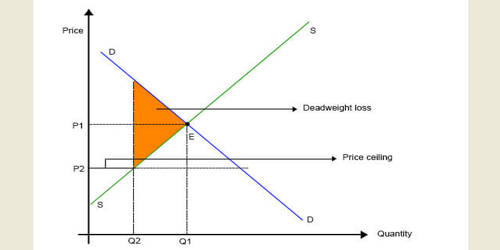We are going to have some fun since it is my last day of work for the year. This morning, we are obviously discussing crypto. Jack Dorsey, the former Twitter CEO and current CEO of Block, the business formerly known as Square, has stirred the crypto pot by making explicit his preferences in the greater blockchain environment by criticizing decentralized internet initiatives that aren’t under Bitcoin’s auspices.
There are many different things being stated here, and if you’re not familiar with Twitter, a number of the tweets may need some explanation. The Exchange is on your side:
- On the question of who “owns” web3, Jack contends that ordinary users are not the proprietors of web3 initiatives. Rather, the CEO says that venture capitalists and their investors are to blame. Furthermore, Jack does not expect this dynamic to alter; rather, he believes that centralized capital pools backing a variety of crypto projects will retain a significant amount of power due to venture incentives.
- After chastised for “suffocating” web3 work, Jack denied the accusation, saying that “critiques” can help people pick enjoyable subjects to work on.
- In regards to who will own web3, Elon Musk joined in the fun by asking where web3 is, since he is having trouble finding it. The venture capital company a16z is then subtweeted by Jack as the nexus point for web3 project financing and hence control.
What is important here is that Jack, a well-known supporter of the original cryptocurrency, Bitcoin, is not a fan of web3 initiatives. It’s worth noting that these two characters appear to be arguing against the avalanche of greed that has swept the decentralized economy in recent years, with every conventional pile of cash vying for a piece of the alleged web3 rewards.
The essence of Jack’s concern is that prominent web3 companies owned by venture capitalists will have to deal with venture incentives as a result. Of fact, “venture incentives” is a polite way of expressing that a firm should structured in such a way that venture capitalists and their supporters make a lot of money. This is a valid complaint. In only the third quarter of 2021, venture investors put more than $6 billion into crypto startups. That should give you a sense of the size of the crypto market now bought by traditional, private-market investors. Simply put, pension funds hold a significant portion of the crypto economy.
The jabs at venture capitalists and web3 did not end there for Jack. Not only did Jack claim that web3 initiatives have a basic vulnerability because of their ancestors’ economic deals with outside funding, but they are also centralized. Saying that a crypto project is centralized is likely the rudest statement conceivable, aside from labeling someone a “nocoiner” who will “remain impoverished” or “ngmi.”
















